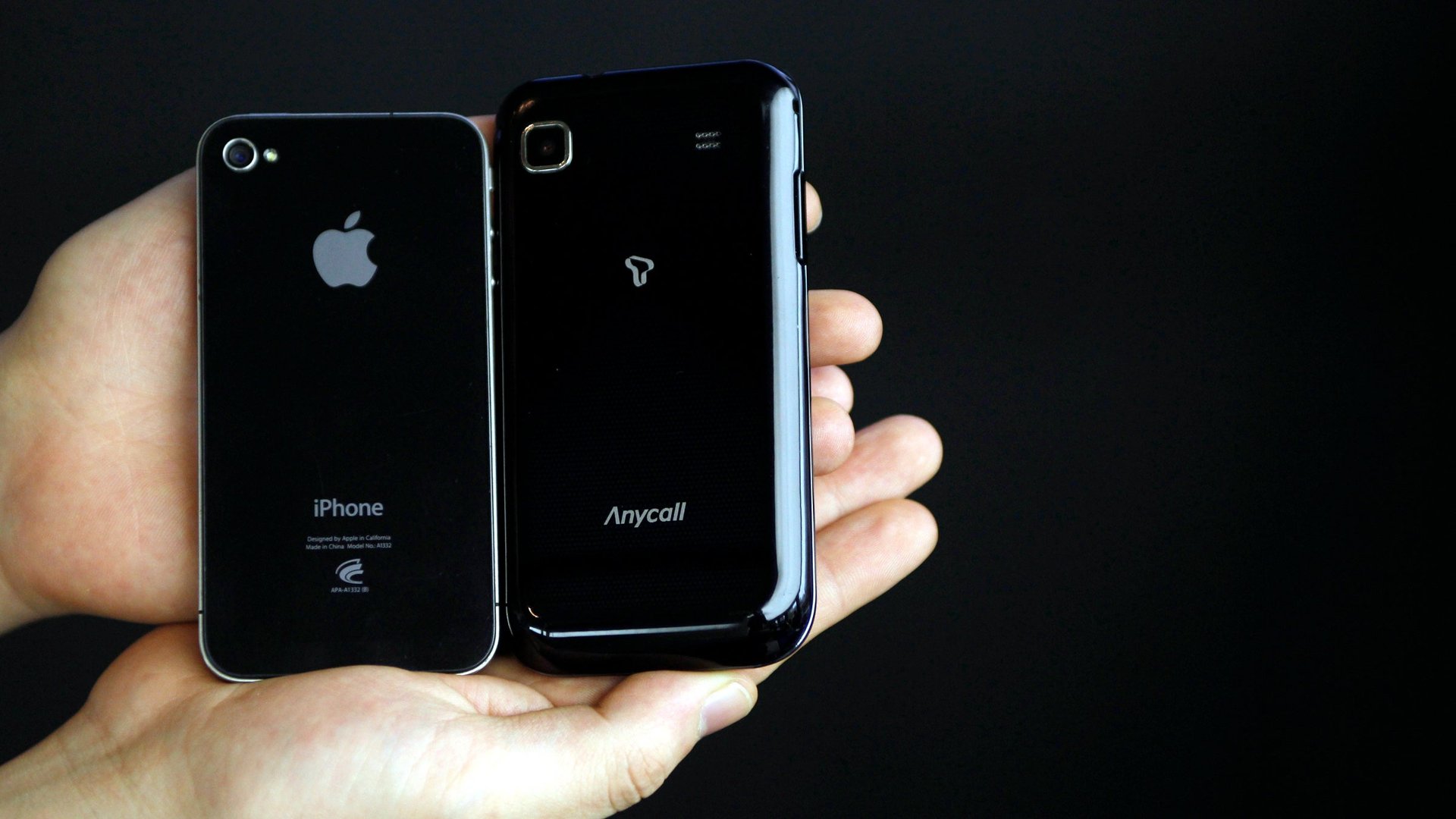Is the US government an IP hypocrite or just in love with Apple?
Imagine for a moment that a US company owns a patent in a key market abroad. A rival there sells a product that infringes on that patent, so the company obtains an injunction from a technical commission to prevent the sales. Unexpectedly, the country’s president overrules the technocrats, allowing the domestic company to keep selling its product. The United States would be furious, right?


Imagine for a moment that a US company owns a patent in a key market abroad. A rival there sells a product that infringes on that patent, so the company obtains an injunction from a technical commission to prevent the sales. Unexpectedly, the country’s president overrules the technocrats, allowing the domestic company to keep selling its product. The United States would be furious, right?
Except, in this case, US President Barack Obama overruled his own technocrats, allowing Apple to keep selling old iPhones and iPads that the US International Trade Commission say violate patents owned by arch-rival Samsung. It’s the first time a president has overruled the ITC since 1987.
There are two main ways to look at this decision:
It’s the death of the global patent regime.
The US has been pushing its trade partners for stronger protections on intellectual property around the world, especially as part of the proposed Trans-Pacific Partnership. The move to keep Apple’s products in stores isn’t much different from how other countries protect their own companies, but analysts fear it will undermine US aspirations for a more objective IP order. Critics of the US IP push note that the US is favoring an open interpretation of patent law here to favor Apple, even as it pushes back against other countries who use similar logic to push back on patents for products like medicine.
It’s a procedural corrective.
The Samsung patent at the heart of this case concerns the way certain older Apple products communicate with AT&T’s telecommunication networks. The patent is special because it’s “standards-essential.” That is, you basically need to use it if you want to meet international telecommunications standards. Because of that, the owners are expected to license it on fair, reasonable and non-discriminatory terms. Samsung has offered to license them for 2.4% of the product’s sales, plus co-licensing agreements, which Apple thinks is too expensive. Hence Samsung’s request for an injunction. Explaining the decision (pdf) to allow Apple to sell the old products, US trade representative Michael Froman essentially said that blocking Apple’s sales as a way to force the company to pay the licensing fee doesn’t meet that fair and reasonable standard, especially when Samsung can still take Apple to court over the issue.
One thing it’s not going to affect: these companies’ bottom lines.
While Apple’s sales of legacy products remain strong, blocking those sales in the US would not have crippled the company; the products in question made up perhaps 30% of the company’s 2011 sales in the US, per this rough analysis that pegs the value of Samsung’s patent between $140 million and $1 billion. In a worst-case scenario, the injunction might have cost Apple a few billion dollars in sales, but this is a company that had a net income of $41 billion last year.
The clearest outcome of the decision is it gives Apple more time and leverage in its negotiations with Samsung. Turns out it does need the federal government, so maybe this gift will inspire Apple to re-think some of its aggressive tax planning next year.